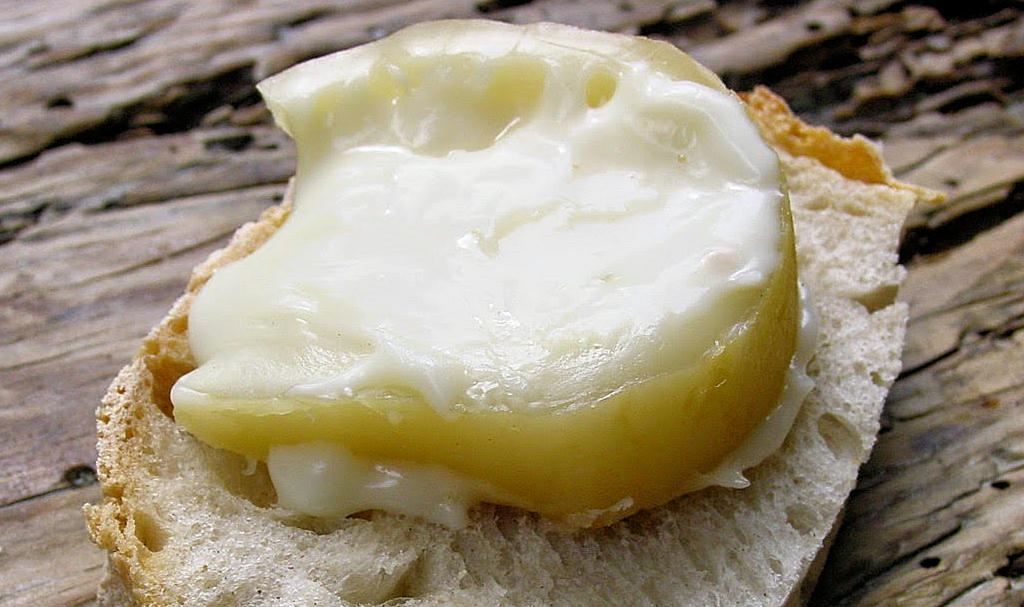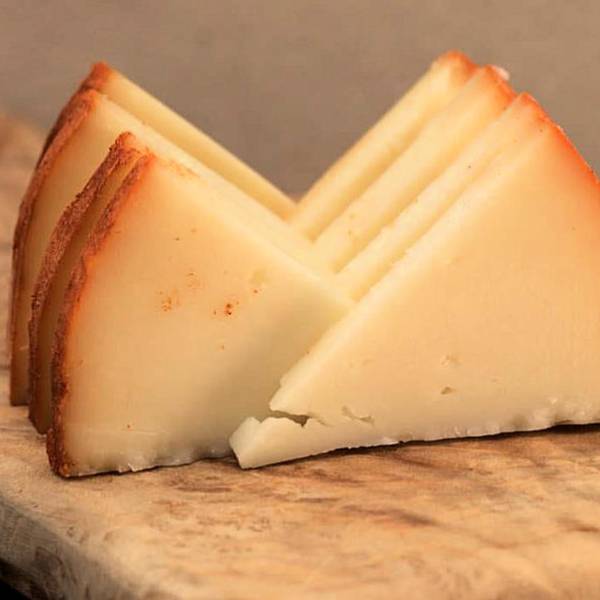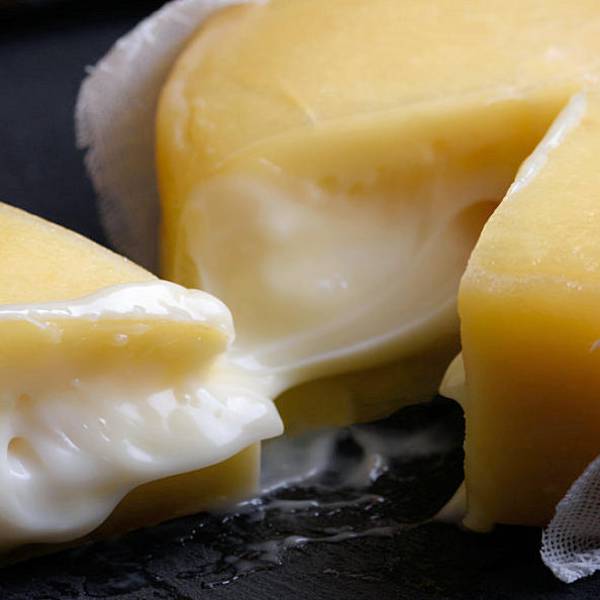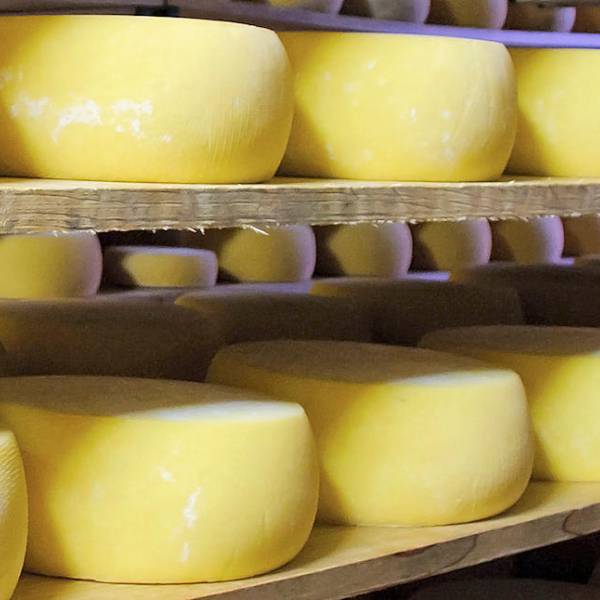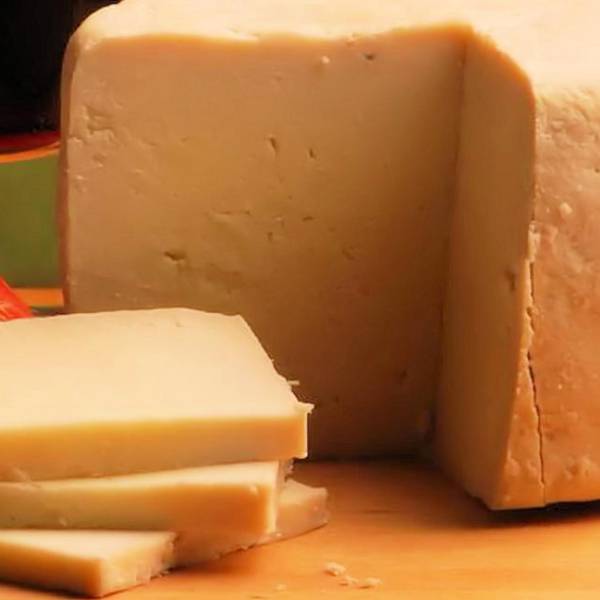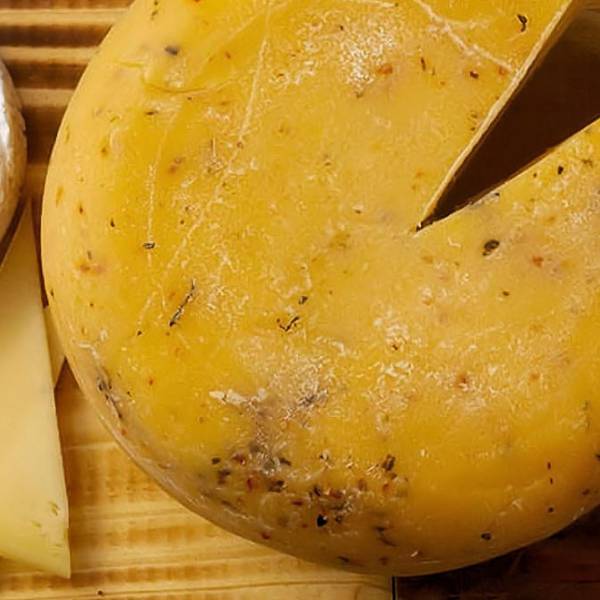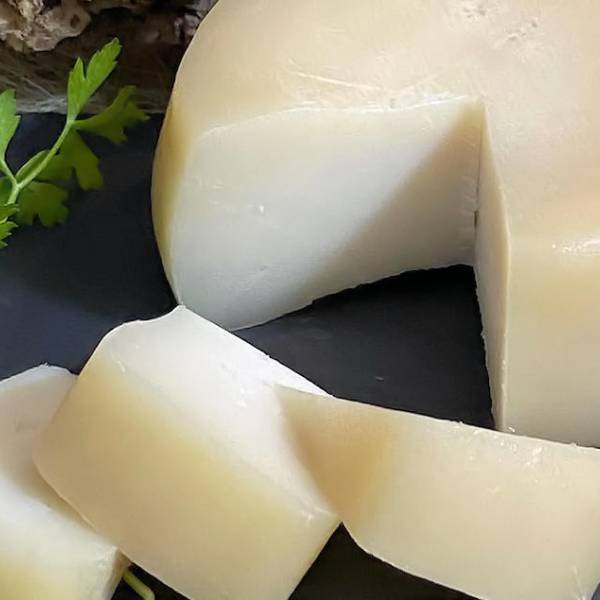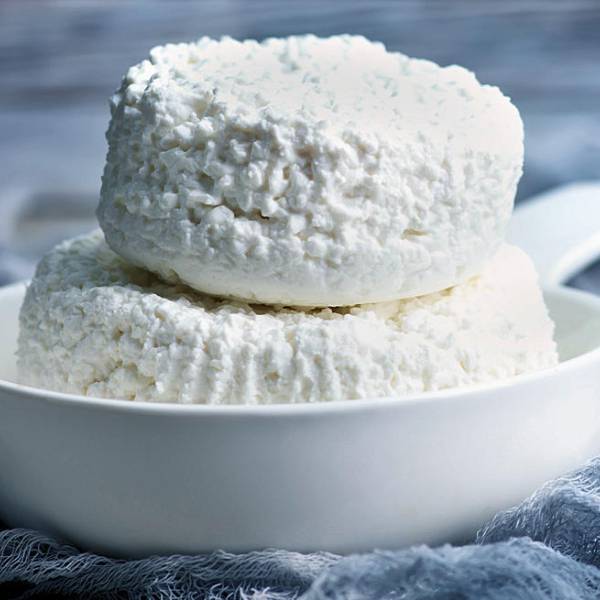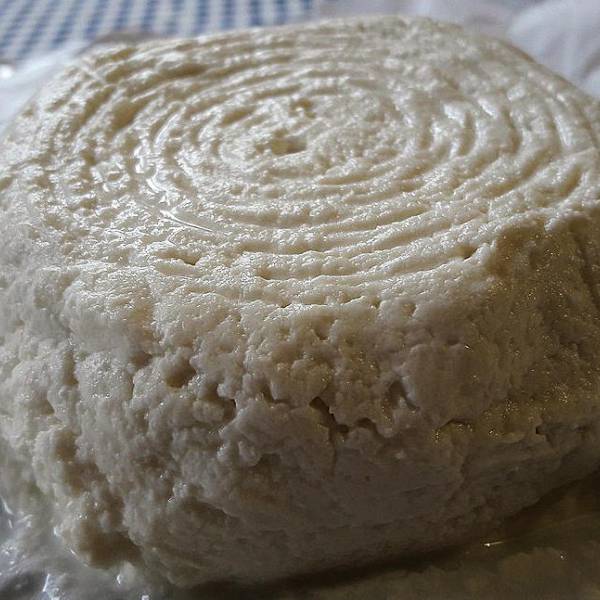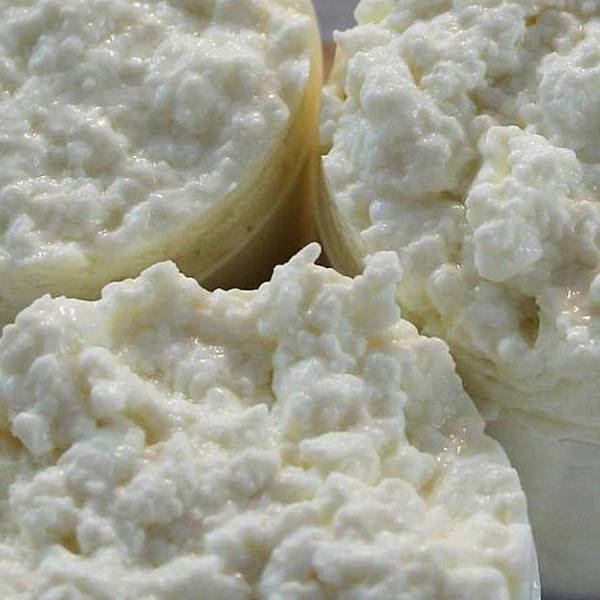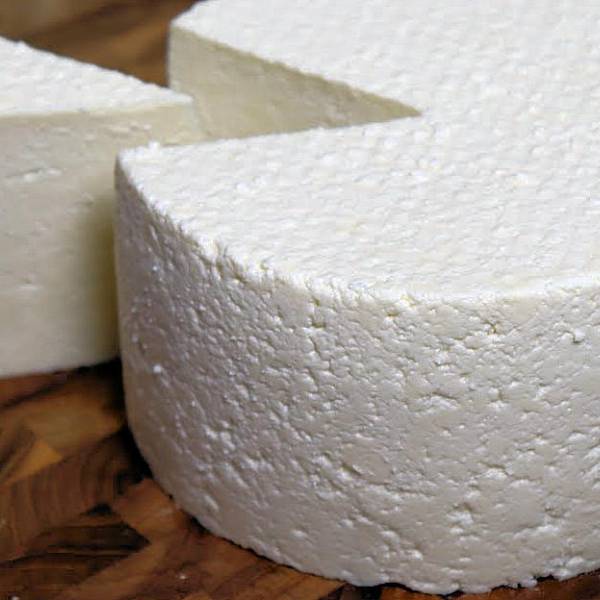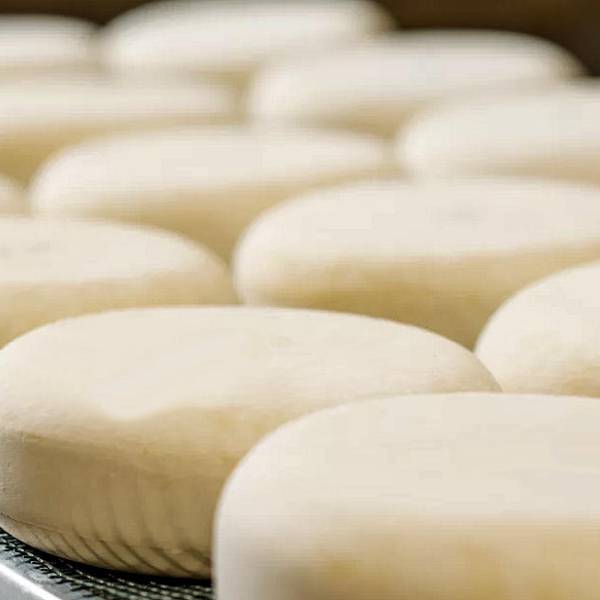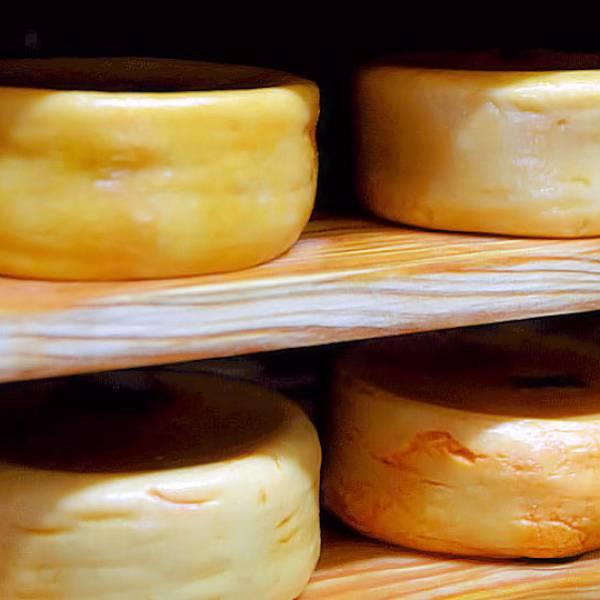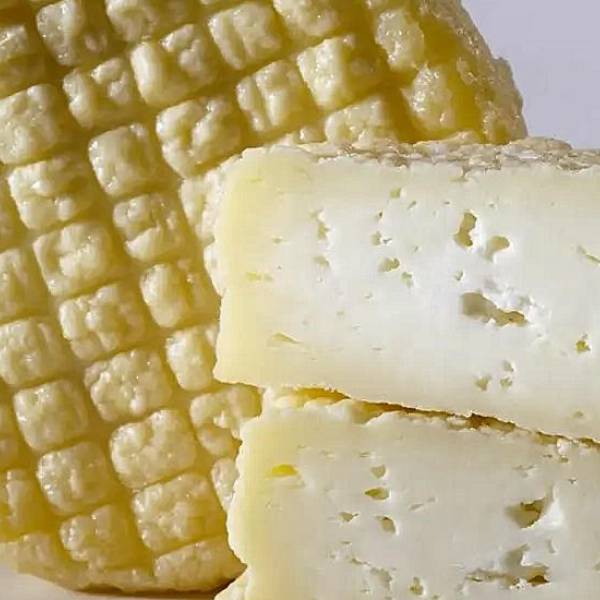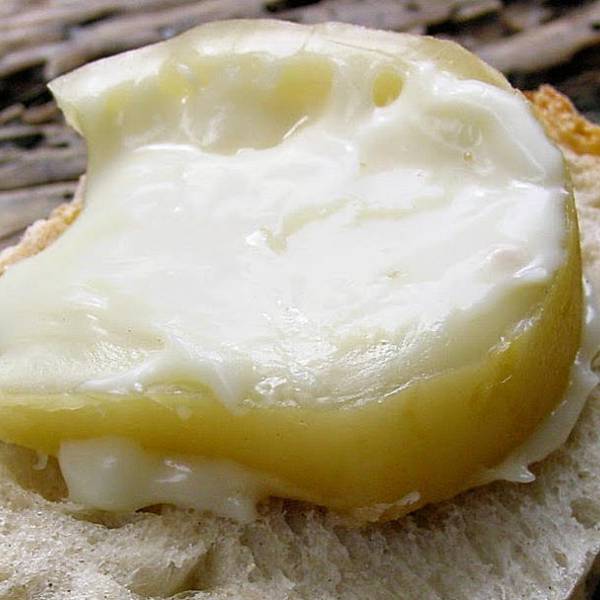The origins of Queijo de Azeitão can be traced back to the 19th century when Gaspar Henriques de Paiva, a visionary cheesemaker, migrated from the region of Serra da Estrela to Azeitão. Armed with a passion for his craft, de Paiva brought with him black dairy sheep, as well as cheesemakers from Beira Baixa, a renowned cheese-producing region. It was in Azeitão that he introduced a unique twist to cheese production, opting to use the local thistle as a coagulant instead of animal rennet. This choice not only reduced costs but also resulted in a cheese with a distinct flavor and texture, establishing Queijo de Azeitão as a 100% vegetarian delight.
De Paiva's cheeses quickly gained fame across Portugal, captivating the taste buds of cheese connoisseurs and earning accolades at agricultural fairs. Even King Carlos I himself was captivated by the exceptional quality of Queijo de Azeitão, expressing his admiration during a visit to Azeitão in 1908. Since then, the cheese has earned its place as one of Portugal's most esteemed culinary treasures, garnering international recognition, including being named one of the world's 50 best gastronomic products by the prestigious Great Taste Awards in 2014.
Lisbon.vip Recommends
Queijo de Azeitão's flavor profile is a symphony of delightful complexities. Its tangy and salty notes are accompanied by herbaceous undertones, creating a harmonious balance. The cheese's texture is reminiscent of a luscious pudding, melting effortlessly on the tongue. Best enjoyed at room temperature, Queijo de Azeitão invites culinary exploration when paired with a slice of fresh bread or delicate crackers. For a delectable dessert experience, it can be savored alongside fruits like figs or complemented by the velvety sweetness of quince jam or honey. Wine enthusiasts will delight in discovering that Queijo de Azeitão harmonizes beautifully with white wines such as Moscatel de Setúbal or Mencía, as well as fortified wines like Port Wines.
Beyond being a mere cheese, Queijo de Azeitão embodies Portugal's history, culture, and reverence for tradition. It encapsulates the nation's diversity, creativity, and commitment to sustainability. This cheese tells a captivating story of migration, adaptation, and innovation - a tale that celebrates the vibrant flavors and aromas that define Portuguese cuisine. Each bite of Queijo de Azeitão is an invitation to explore the culinary heritage of Portugal, an invitation to savor a cheese that truly captures the spirit of a nation.


